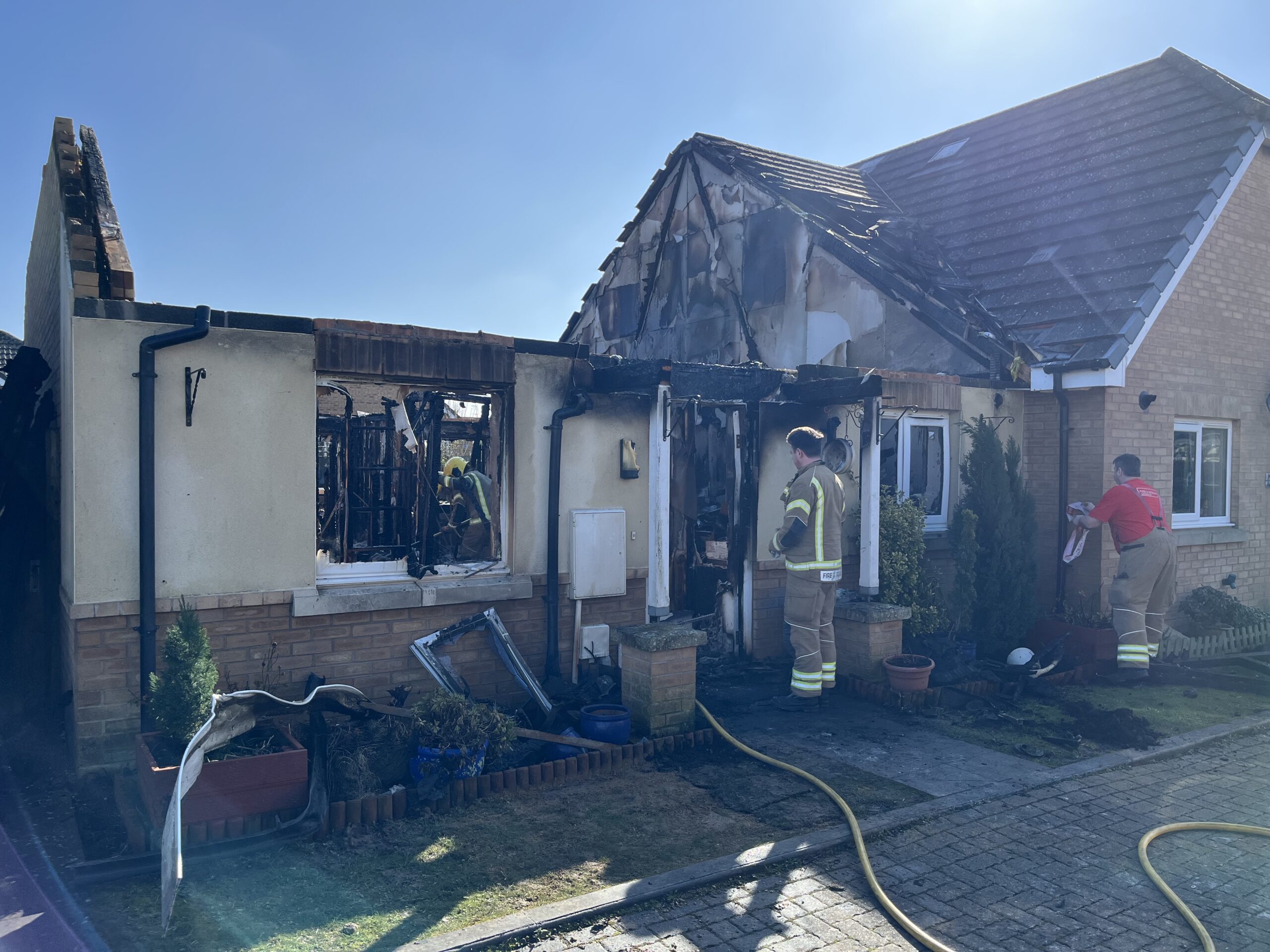As COP26 draws to a close and world leaders work on plans to reverse climate change, councils in Lincolnshire are working on their own strategy.
South Holland District Council members will discuss a draft policy which aims to have it running at net zero.
The Climate Change Strategy has been drawn-up for all three councils in the South East Lincolnshire Councils Partnership.
Boston and East Lindsey councils have already been working on carbon reduction plans but now South Holland is joining them.
“All three councils have a key role to play in both leading by example and supporting the wider community to deliver this climate change strategy,” says the report to go before the Policy Development Panel on Tuesday.
“There is shared common goal to not only achieve net zero but to achieve a more sustainable way of living that protects and improves our communities,” says the report.
South Holland has reduced emissions by 25.8 per cent between 2005 and 2019. The largest contributing sectors include transport, domestic properties, land use and forestry.
Total greenhouse gas emissions for the district are put at 603.1 kt CO2 for 2019 – with the highest being transport at 190.7.
“Emissions from the transport sector are the largest contributors to the carbon footprints of the area, accounting for 37 per cent of Boston’s total emissions, 32 per cent of South Holland’s and 31 per cent of East Lindsey’s. Emissions attributable to transport across all three areas are rising as a proportion of all emissions,” the report says.
“The rural nature of the area means limited public transport networks will make decarbonising transport a challenging task in the years ahead with residents often having to travel several kilometres to access key services.”
Prioritising the development of an electric vehicle policy to ensure a charging infrastructure can be developed is listed as a ‘strategic action’ along with maximising the potential for public transport.
The report also warns that without action, emissions relating to the energy consumption of homes will rise by eight per cent by 2050.
Ensuring new-builds and retro-fitting schemes are fit for the future are part of the strategy.
The partnership of councils will look to increase the proportion of renewable energy across the area. It will also encourage decentralised energy.
Business emissions also fall under the spotlight and working from home is recognised as a ‘gain’ needed for a green recovery.
“Consumers have a large power of influence and businesses are set to see increasing pressure to meet the challenges and opportunities towards circular economy – reducing waste and protecting natural resources.”
The challenges facing the agricultural sector are recognised and the draft strategy says there will be ‘challenges ahead’ for the industry.
“There is a shared common goal to not only achieve net zero, but to achieve a more sustainable way of living that protects and improves our communities,” the report says.
The draft strategy is set to go before members of South Holland District Council’s Cabinet on December 14.






